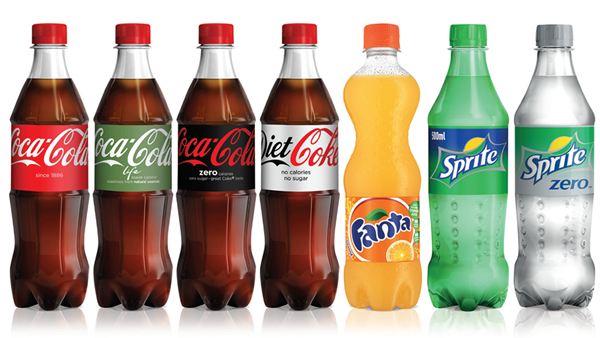Can the Sugary Beverage Tax!
I live in Cook County, IL—one of the worst governed jurisdictions in the United States. To close a budget deficit it has passed a law imposing a tax of one penny an ounce on drinks that added either sugar or artificial sweeteners. This law resembles that in Philadelphia and some other jurisdictions. While its supporters claim that it is designed to fight diabetes and other diseases caused by excessive sugar intake, it cannot be justified on this basis and is a regressive and arbitrary tax on soda pop. It illustrates the perils of funding the government with so-called sin taxes rather than broader based sales or income taxes and is yet more evidence of need for political reformation of our County.
The most sophisticated justification for this tax is that it addresses an “internality.” An internality is a case where a person’s behavior imposes costs on this same person later in time and that person discounts these later costs too substantially. But people can rationally choose to enjoy pleasures now even if they cause pains later. Determining the importance of our current state in comparison to our future state is an important aspect of personal liberty.
Perhaps some discount rates are so extreme that they can be considered irrational. The cost of putting on a seat belt is so small and the injuries from a potential car crash are so great that a law requiring seat belts is justified. But preferences for food and drink are not so easily evaluated, particularly when the likelihood of harm from drinking sodas depends on the rest of your diet. Drinking sodas certainly cannot be easily distinguished from other kinds of dietary choices, like eating red meat, that also may create statistical risks in the long term.
But the clinching argument against this law is that it imposes the tax even on drinks containing artificial sweeteners. Many medical groups, like that on heart health, believe that such drinks are better options. If Cook County were really interested in discouraging sugary drinks rather than funding its bloated bureaucracy they would not raise the tax on some of the closest substitutes.
And this tax is regressive. It is not only regressive because people of modest means pay a greater proportion of their income for food and drink. It is even more regressive because poorer people tend to drink more sodas than fancy bottled waters and Chablis.
Finally, this tax underscores the problem of governance by an entity like Cook County whose leaders are very obscure. While most people can name the Mayor of Chicago and the Governor of Illinois, few could identify the President of Cook County. That makes it easier for the County to impose outrageous taxes.
